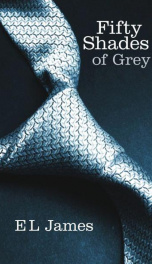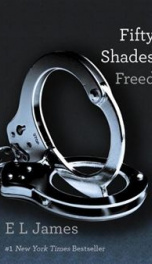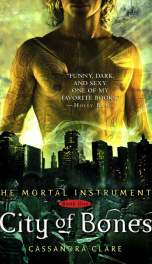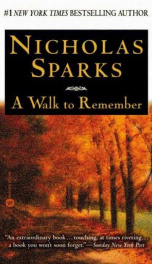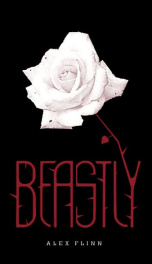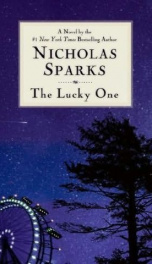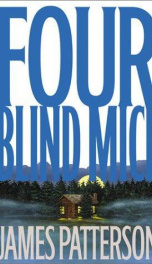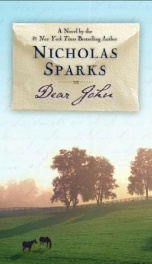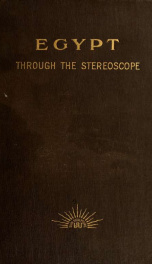development of religion and thought in ancient egypt
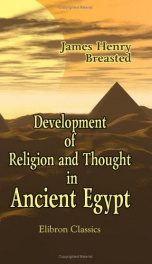
This book is intended for all readers regardless of their age and interests. The most outstanding feature of the book is that it demonstrates a wonderful subjects from the history. James Henry Breasted show in which ways literalism disrupted the development of a special system of ethics which made its way from the name "Books of the Dead" and transformed into the equivalent of cosmic "get out of jail free cards". The author shows such trends in our society. This book as it is believed is a must-read for all students. It is also should be included into the list of school readings. The style and the facts are very qualitative and extraordinary and it is an example of an important history lesson, well-structured, with a very good usage of the English language. Excerpt from book: LECTURE II LIFE AFTER DEATH?-THE SOJOURN IN THE TOMB? DEATH MAKES ITS IMPRESSION ON RELIGION Among no people ancient or modern has the idea of a life beyond the grave held so prominent a place as among the ancient Egyptians. This insistent belief in a hereafter may perhaps have been, and experience in the land of Egypt has led me to believe it was, greatly favored and influenced by the fact that the conditions of soil and climate resulted in such a remarkable preservation of the human body as may be found under natural conditions nowhere else in the world. In going up to the daily task on some neighboring temple in Nubia, I was not infrequently obliged to pass through the corner of a cemetery, where the feet of a dead man, buried in a shallow grave, were now uncovered and extended directly across my path. They were precisely like the rough and calloused feet of the workmen in our excavations. How old the grave was I do not know, but any one familiar with the cemeteries of Egypt, ancient and modern, has found numerous bodies or portions of bodies indefinitely old which seemed about as well preserved as those of the living. This must have been a frequent experience of the ancient Egyptian,1 and like Hamlet with the skull of Yorick in his hands, he must often have pondered deeply as he contemplated these silent witnesses. The surprisingly perfect state of preservation in which he found his ancestors whenever the digging of a new grave disclosed them, must have greatly stimulated 1 See also Prop. G. Elliot Smith, The History of Mummification in Egypt, Proceedings of the Royal Philosophical Society of Glasgow, 1910. his belief in their continued existence, and often aroused his imagination to more detailed pictures of the realm and the life .of the mysterious departed.
Info about the book
Author:
Series:
Unknown
ISBN:
1475183968
Rating:
5/5 (41)Your rating:
0/5
Languge:
English
Users who have this book
Users who want this book
What readers are saying
What do you think? Write your own comment on this book!
write a commentGenre
if you like development of religion and thought in ancient egypt try:
Do you want to exchange books? It’s EASY!
Get registered and find other users who want to give their favourite books to good hands!
